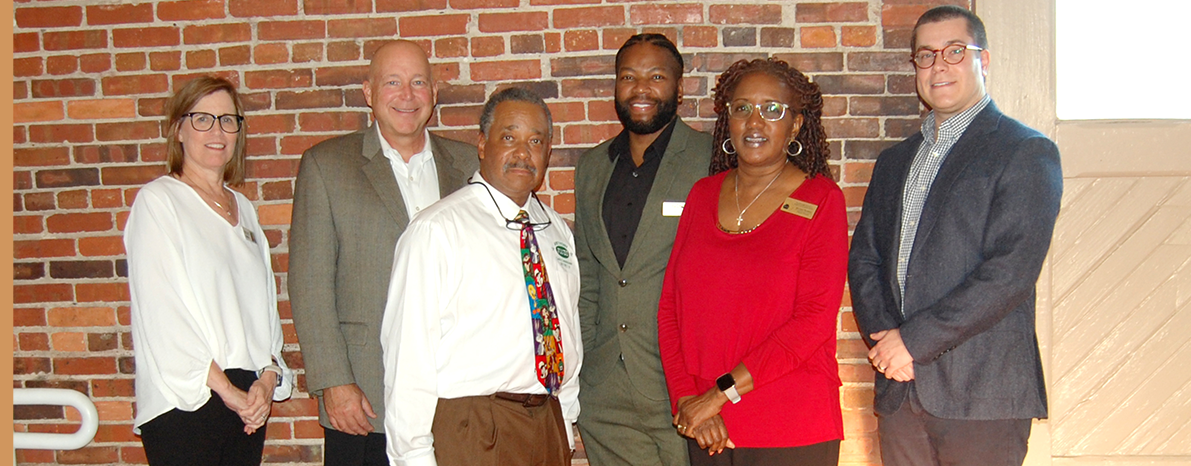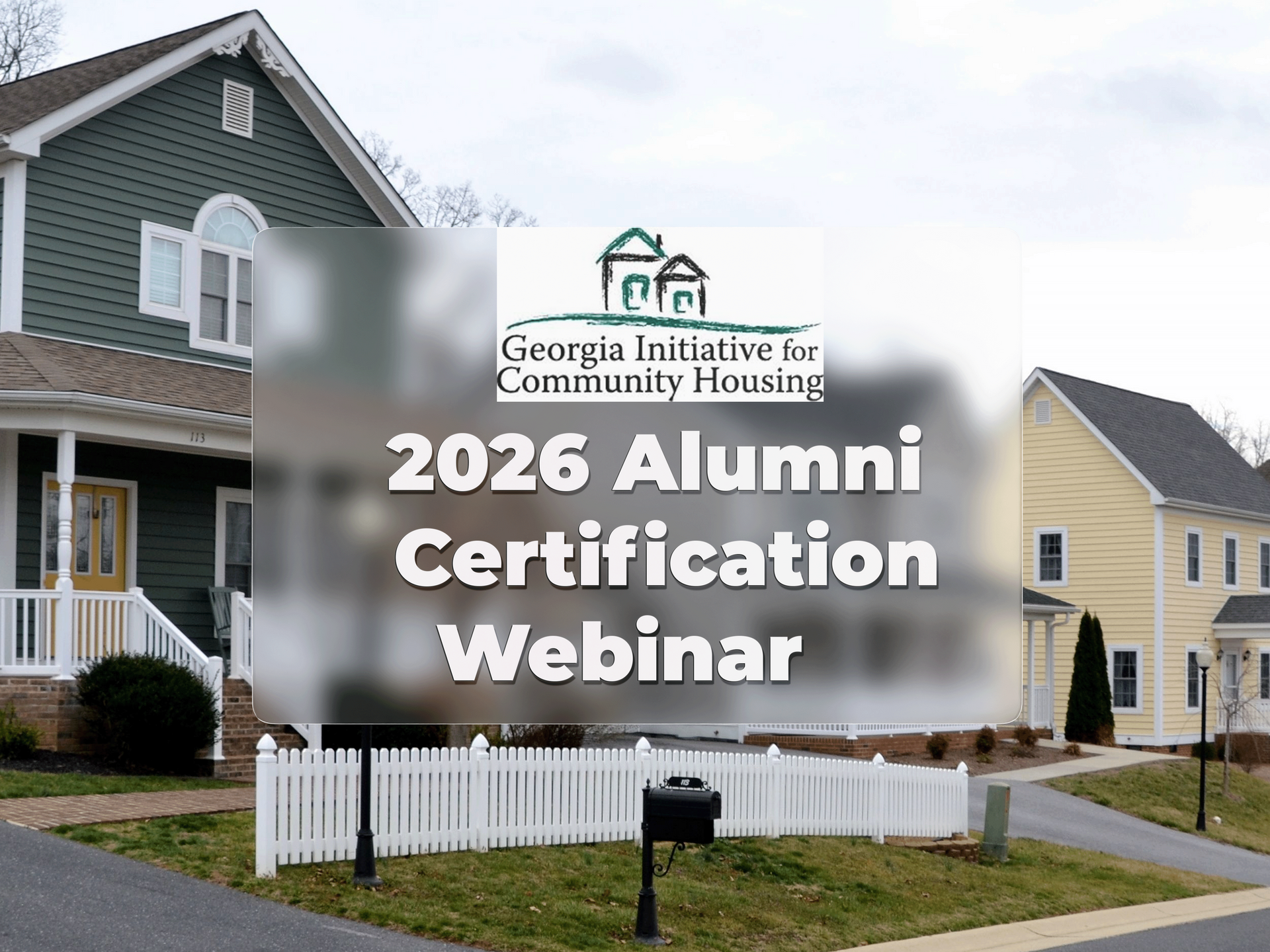Johnathan McLoyd (GDOT), Chip Berger (AECOM) and Robert Grier (AECOM) presented the Draft Transit Development Plan for Southwest Georgia to the SWGRC Council.

In this picture : (LtoR) Suzanne Angell (SWGRC), Chip Burger (AECOM), Anthony Jones (SWGRC Chairman), Johnathan McLoyd (GDOT), Barbara Reddick ( SWGRC), and Robert Grier (AECOM)
Team members from Georgia Department of Transportation and AECOM, Inc. spoke at the Southwest Georgia Regional Commission Council meeting Thursday evening, March 30, 2023. The team, along with staff members at SWGRC, have been working on a Regional Transit Development Plan for the SWGA region over the span of about one year. Johnathan McLoyd (GDOT), Chip Berger (AECOM) and Robert Grier (AECOM) presented the draft plan to the Council and explained the process of developing the plan and these key elements: Transit Planning Context, Planning Process and Existing Conditions, Vision and Goals and Transit Needs and Recommendations. The draft plan is currently under a public review period that will last until April 24, 2023 at 11:59 PM. Comments and questions can be directed to: RegionalTDP@dot.ga.gov with “Southwest Georgia TDP” in the subject line. Executive Director Suzanne Angell thanked the team for all of their hard work and said that this plan will be a great asset to the future of transit in the region.
Share











